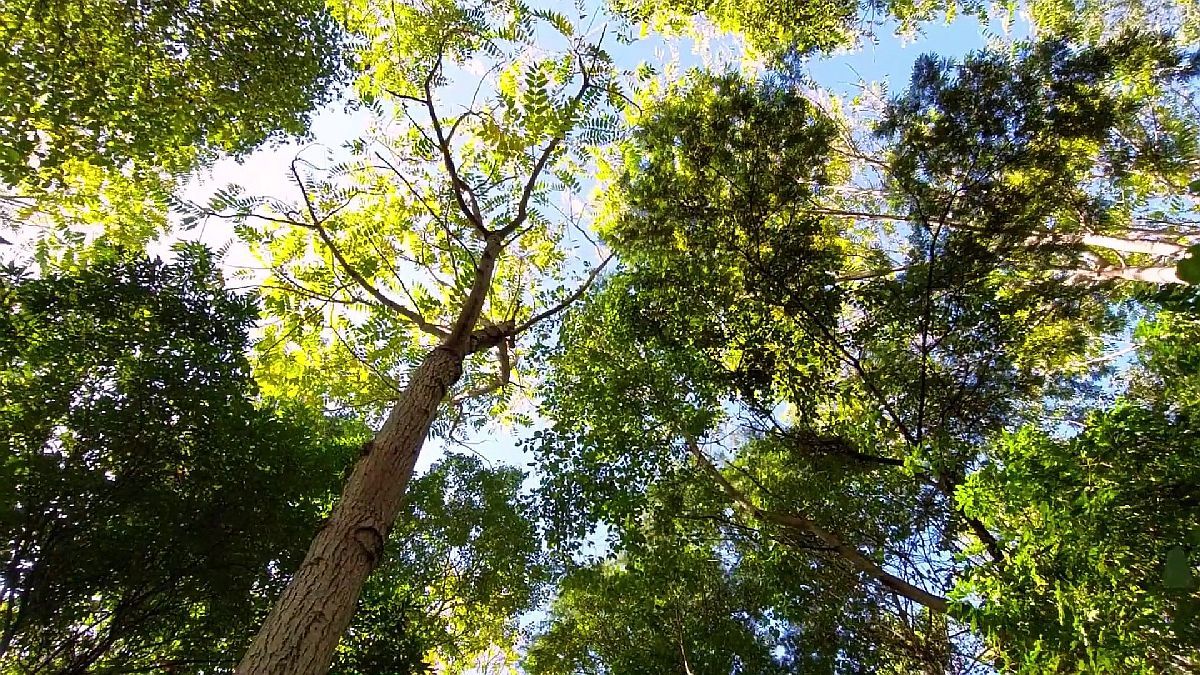In the current political and economic context, it is essential to remember that the conservation of native forests is not just an environmental issue. The 2025 National Budget Project allocates only 2.5% of what is stipulated by the Forest Law. This reduction to a historic minimum threatens the preservation of more than 53 million hectares of forests. native forests What are they? vital to our economy and the well-being of people.
A healthy nature is key to the country’s sustainable development. Law 26.331 on Minimum Budgets for Environmental Protection of Native Forests, passed in 2007, was a significant step forward for Argentina, providing a framework for planning the use of our forests and balancing production with conservation. However, its implementation has been partial since its passage, and the budget allocated this year It is the lowest since the law was passed.
From a strictly economic perspective, native forests provide essential ecosystem services, such as water regulation, soil protection, climate change mitigation, local climate regulation, food provision and livelihoods for rural communities. These services not only protect biodiversity, but are also essential for productive sectors such as agriculture, livestock and tourism. Without proper management of our natural resources, the country is exposed to significant economic losses due to erosion, flooding and other environmental disasters. Investing in forest conservation and restoration is not a luxury, but a strategy to ensure stability and economic growth and keep our country in line with international trade standards that are beginning to be more demanding with respect to the environment in countries that produce raw materials.
During the first years of its implementation, the Forest Law managed to significantly reduce deforestation rates, demonstrating the importance of this regulation. However, in recent years, due to lack of funding, incorrect implementation and an increase in forest fires, deforestation has increased again. Although the funds never reached what the law stipulates, the current situation is alarming. With a budget of just 9.09 billion pesos, It is only proposed to allocate 170 pesos per hectare of forest per year, an absurd figure for the costs of today’s economy.
Underfunding not only puts biodiversity at risk, but also the provinces’ ability to protect, monitor and promote the sustainable use of forests. In this sense, the Forest Law is not only an environmental commitment, but an economic opportunity that could generate long-term income through true sustainable forest management, which is the opposite of the exploitation of natural resources. Ignoring this fact not only affects conservation, but also compromises the future of productive sectorsof regional economies, which depend on a healthy natural environment.
It is urgent to allocate a budget in accordance with the needs of the law and to strengthen the mechanisms for controlling and restoring degraded areas. Investing in sustainable economic development is possible, but it requires a long-term vision that integrates nature as a key asset for the country’s well-being. Conserving our native forests is an investment in our futurenot only for its environmental value, but for its undeniable contribution to the economic and social development of Argentina. National Legislative Powerhas the responsibility today of improving the national budget project, presented by the Executive, to ensure the resources to conserve the native forests of all Argentines and the environmental, social and economic services from which we all benefit.
Source: Ambito
I am Pierce Boyd, a driven and ambitious professional working in the news industry. I have been writing for 24 Hours Worlds for over five years, specializing in sports section coverage. During my tenure at the publication, I have built an impressive portfolio of articles that has earned me a reputation as an experienced journalist and content creator.




